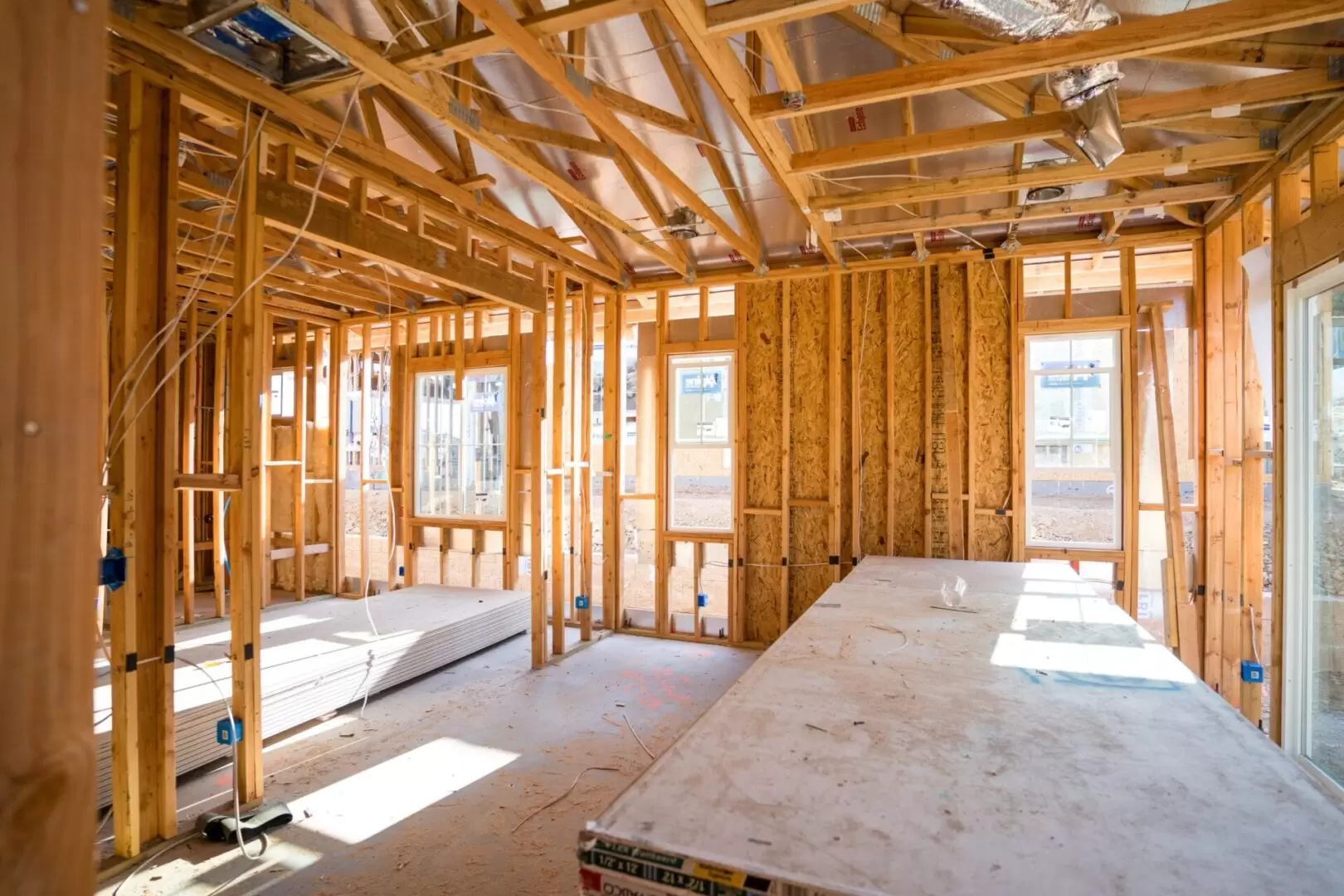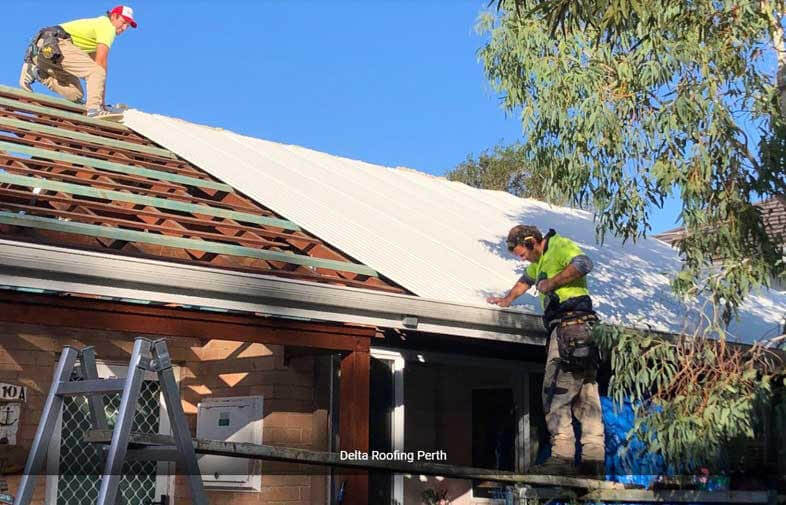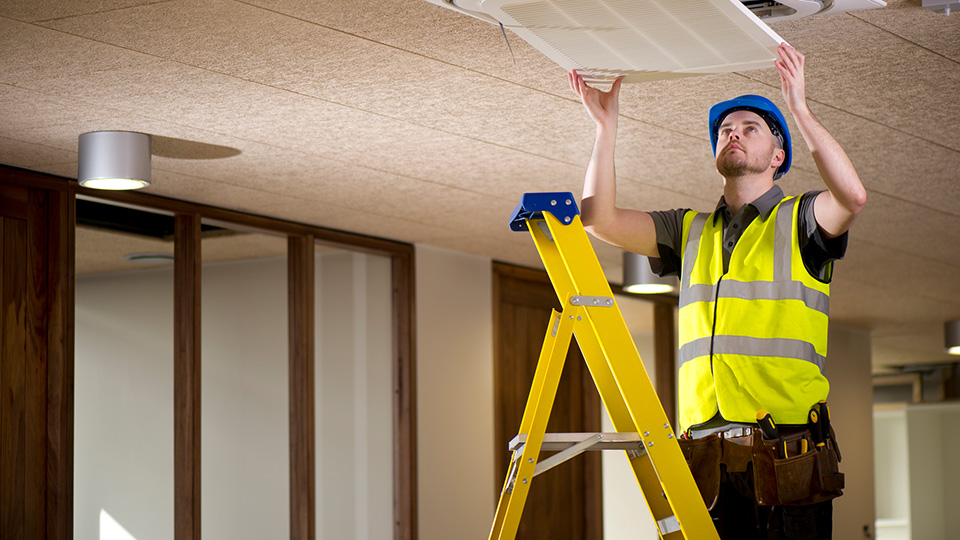
The Australian building industry is in a state of flux and with the recent stimulus package, there is concern that tradie and builder costs blowout will send more builders to the wall. In June 2021, Geraldtonbuilding company ABC Building Solutions was selected as part of the Federal Government’s building industry stimulus package. But as with any large project, there are always risks of cost blowouts.
It’s no secret that many builders have gone bust in recent years due to the high costs of materials plus labour and time costs. Unfortunately, this has meant a big hit to small businesses that rely on building contractors for their livelihoods.
So when ABC Building Solutions was chosen for the stimulus, it raised a few eyebrows. How can we make sure tradie and builder costs don’t blow out?
The answer is to be vigilant about monitoring the industry. If you’re thinking of hiring a tradie or builder, shop around for quotes first and read up on reviews online. Ask questions about their experience and get an idea of their track record, as this can help you avoid any potential blowouts.
If the project is too big for your budget, look at ways to break it down into smaller jobs that you can manage over time. This way, you won’t be hit with a sudden and unexpected bill that could put a strain on your finances.

What is the forecast for building costs in 2024?
The short-term outlook for building costs is uncertain, but experts predict that the cost of materials could rise as demand increases in the lead-up to 2024. This is mainly due to competition between builders and tradies driving up prices. But despite this, it’s still possible to get a good deal if you shop around and do your research first.
Union blames deliberate house building underquoting
The Construction, Forestry, Maritime, Mining and Energy Union has accused some builders of deliberately underquoting to secure contracts. They say the practice is rife in the industry and is driving up costs for everyone involved.
They are calling on the government to take action against such practices by introducing tougher regulations to protect consumers from being ripped off.
It’s important to remember that not all builders are guilty of underquoting and it’s still possible to get a good deal if you do your research. Shop around for quotes, read up on reviews and ask questions about the builder’s experience before hiring them.
The building industry stimulus package is an exciting opportunity to revitalise Australia’s construction sector, but it’s important to be aware of the potential for tradie and builder costs blowouts. By being vigilant and doing your research beforehand, you can help ensure you get a good deal and avoid any nasty surprises later on.
What are tips for saving money on building costs?
There are several ways to save money when dealing with builders and tradies. Here are some top tips:
- Use quality materials: Most builders will use cost-efficient materials, but you may be able to get a better deal on higher quality materials if you shop around.
- Break up the job into smaller projects: This way, you won’t have to pay for everything at once and can spread the costs over time.
- Shop around for quotes: Don’t just hire the first builder you find. Get multiple quotes to compare prices and services before making your choice.
- Read reviews: Check out online reviews to get an idea of a builder’s track record and customer satisfaction ratings before hiring them.
- Negotiate: Don’t be afraid to negotiate with builders and tradies to get the best deal possible.
By taking these steps, you can help ensure that your building project is successful and within budget. With careful planning and research, there’s no reason why your building project should blow out in costs!

Competition for experienced tradespeople
The recent stimulus package has created a surge in demand for good experienced tradies and builders. The competition is driving up prices. This means that it’s now more important than ever to shop around for quotes before hiring a builder or tradie. Make sure you get multiple quotes and read up on reviews online to make sure you’re working with someone
WA will need almost 55,000 workers by 2026 and around 26,000 of those are in trades
Western Australia is currently experiencing a skills shortage in the building sector, with an estimated 55,000 workers needed by 2026. Of those, around 26,000 will be in trades such as carpentry and plumbing.
The state government has implemented various initiatives to attract people to the industry but there is still a need for qualified tradies. As such, it’s important to be aware of the current market conditions and shop around for quotes before hiring a builder or tradie.
2023 article source: https://www.abc.net.au/news/2023-06-27/geraldton-builder-picked-dangers-building-industry-stimulus/102512248



